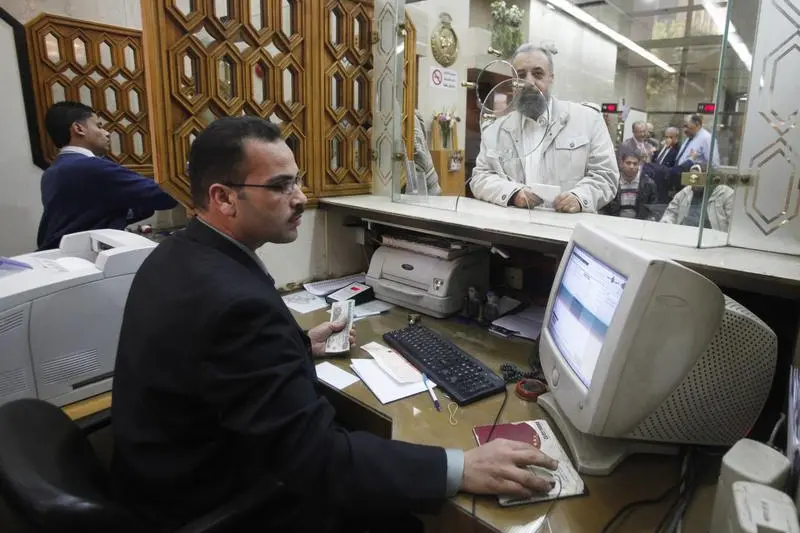PHOTO
The Agricultural Bank of Egypt (ABE) launched the first environmentally friendly contactless credit card, within the framework of the bank’s strategy to achieve sustainability, out of the bank’s keenness on supporting and implementing Egypt’s Vision 2030 for sustainable development. Through this step, the bank aims to limit the impact of climate change and reduce carbon emissions.
The card was designed and produced in cooperation with VISA, G+D and i-Finance, all of which are leading institutions in the field of payment technology and solutions for the banking sector, through a unique and innovative design and advanced insurance solutions.
The card is environmentally friendly in accordance with international standards, as it is made from biological materials approved by international environmental bodies. It is produced from renewable plant sources. These materials provide great environmental benefits, as they do not result in any harmful residues at any stage of their use or even their disposal if the card is renewed or replaced, compared to traditional cards made of plastic. All of this makes the card more sustainable and provides up to 73% lower carbon footprint than many traditional plastic cards.
Alaa Farouk, Chairperson of the ABE, said that the bank’s issuance of an environmentally friendly credit card comes in conjunction with Egypt’s hosting of the Climate Change Conference held in Sharm El-Sheikh, and out of the bank’s keenness on supporting the state’s efforts to achieve sustainable development. Egypt considers the aspect of sustainable development a top priority. It was one of the first countries to adopt national plans that contributed to the implementation of the United Nations Agenda 2030, and this was embodied in the sustainable development strategy “Egypt’s Vision 2030”.
“The bank is working on applying the concept of sustainability and integrating environmental elements into all of the bank’s activities, products and banking services, especially with regard to reducing carbon emissions and using environmentally friendly materials that reduce the effects of global warming. We chose environmentally friendly materials to manufacture this card,” Farouk added.
Malak El Baba, General Manager of Visa in Egypt, said: “The company invests many efforts and resources to reduce its carbon footprint, and this is not only limited to internal efforts, but also includes providing innovative ways to help its partners achieve their goals of sustainable growth.”
She added, “We are pleased with our partnership with ABE, one of the leading banks that support agriculture as one of the pillars of the growth of the Egyptian economy. We look forward to the reflection of this partnership on integrating new segments into the banking system, which is an extension of our commitment to Egypt’s 2030 strategy for sustainable development goals.”
Ahmed Assem, General Manager of the Banking Sector in Egypt and the Middle East at G + D, expressed his happiness in cooperating with ABE in producing the first environmentally friendly credit card, which confirms the bank’s keenness to achieve sustainability in its banking products.
He pointed out that J&D was keen to produce this card in its factory, which is entirely managed with green energy. He emphasized the importance of sustainability and reducing carbon emissions in the manufacture of bank cards, in implementation of the company’s direction and vision of the need to convert all bank cards into environmentally friendly cards by 2030.
He emphasized that ABE credit card is the first environmentally friendly credit card that the company manufactures for an Egyptian bank, and that it is entirely made of biodegradable plant materials, unlike other non-biodegradable plastic cards.
© 2022 Daily News Egypt. Provided by SyndiGate Media Inc. (Syndigate.info).





















